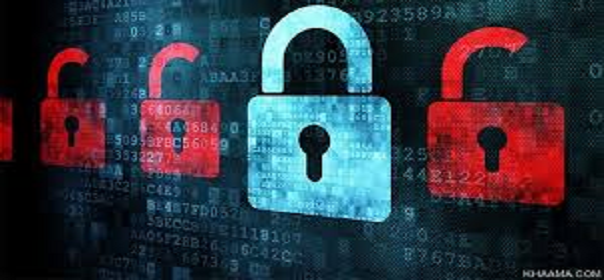Cyber crime is likely to increase, despite the best efforts of government agencies and cyber security experts. Its growth is being driven by the expanding number of services available online and the increasing sophistication of cyber criminals who are engaged in a cat-and-mouse game with security experts. With the right level of preparation and specialist external assistance, it is possible to control damages, and recover from a cyber breach and its consequences.
A new privacy-busting technique that tracks consumers through the use of ultrasonic tones may have once sounded like the stuff of science fiction novels, but today it’s reality. These near-silent tones cannot be picked up by the human ear, but there are apps in your phone that are always listening for them. This technology is called ultrasonic cross-device tracking, and it works by emitting high-frequency tones in advertisements and billboards, web pages, and across brick-and-mortar retail outlets or sports stadiums.
Cybercriminals operating on the dark web have reportedly developed a fresh way of conducting gift card fraud by using automated bots to scour the web and locate legitimately-issued cards that remain unused, security researchers have found. The sale of gift cards has long existed on dark web marketplaces, often used to by hackers to “cash out” after stealing financial information. “Carded” gift cards – those purchased with stolen financial details – are typically sold for a fraction of their real-world value.
A firm that supplies security software for cash machines has updated its technology after researchers uncovered a number of serious shortcomings. Flaws in GMV’s Checker ATM Security technology created a means for hackers to remotely run malicious code on a targeted ATM. Checker ATM Security protects cash points by enforcing a wide range of restrictions: whitelisting with Application Control to block unauthorised applications, restricting attempts to connect peripheral devices such as a keyboard or mouse, limiting network connections using a firewall, and more.
The popular messaging app, WhatsApp, went down late Wednesday as users tried in vain to send messages. Users on Twitter suspected that there could be a cyber attack targeting the service. Later on in the day, the service started working again. The app went down as of 00:20 GMT+3, which indicates that it has been down for nearly two hours. Users took to Twitter upon the service’s failure to send messages and began questioning whether the outage was a result of a cyber attack. No statement has come from the service so far.
How to protect yourself against ATM hackers
Consumers have a new reason to check their bank accounts for fraudulent charges. Reasons for the increase in hacked machines and compromised debit cards are unclear, but some industry observers have theorized that the rise of EMV technology has caused hackers to focus more attention on vulnerable card readers such as some ATMs and gas pumps.
How to guard against hackers
Here are ways you can protect yourself:
Check the location. When using an ATM, select one that gets a lot of foot traffic or is in a brightly lighted area. Follow the same rule for debit card purchases. If you fill up your car, know that the pumps farthest from the store entrance may be more attractive to criminals.
Check the card reader. Be on the lookout for anything odd about your ATM or point-of-sale machine. If your card does not enter an ATM smoothly, for example, a fraudster could have a skimmer attached to the opening. “You may want to look somewhere else to get cash,” Betron says.
Check your account. Review your checking account regularly for unauthorized transactions. If your card is compromised, you will have to act fast to avoid losing money. If you report a loss within two days, the most you could lose is $50, according to federal law. But you risk losing up to $500 from your account if you wait up to 60 days — or the entire amount in your account if you wait longer.
Check with your bank. Ask your bank for a new card if you believe your card has been compromised, even if there are no evidence of fraud yet. That way, your financial institution can take steps to secure the machine.
ATM fraud is an increasing problem. By taking steps to protect yourself, you can keep your card number and your money out of a criminal’s hands.

